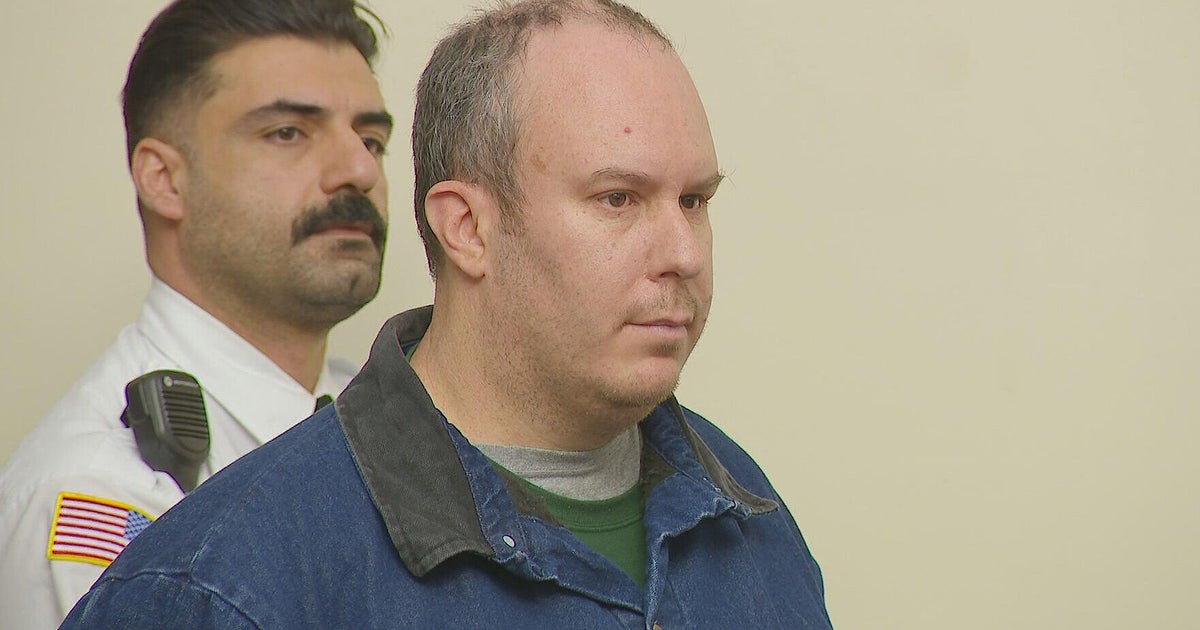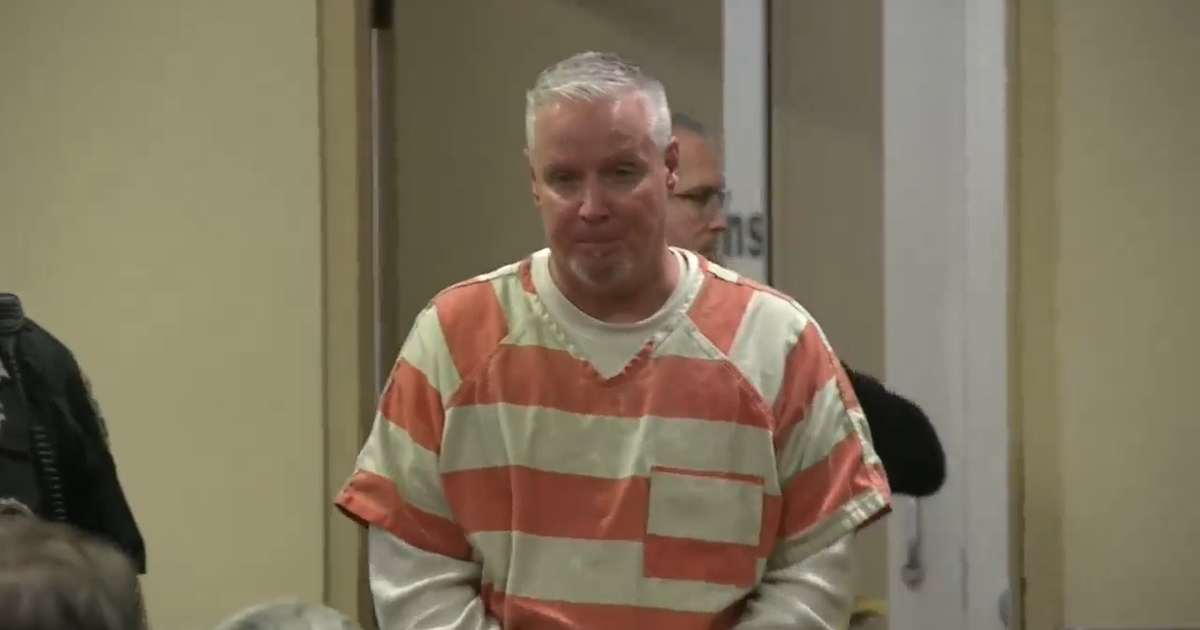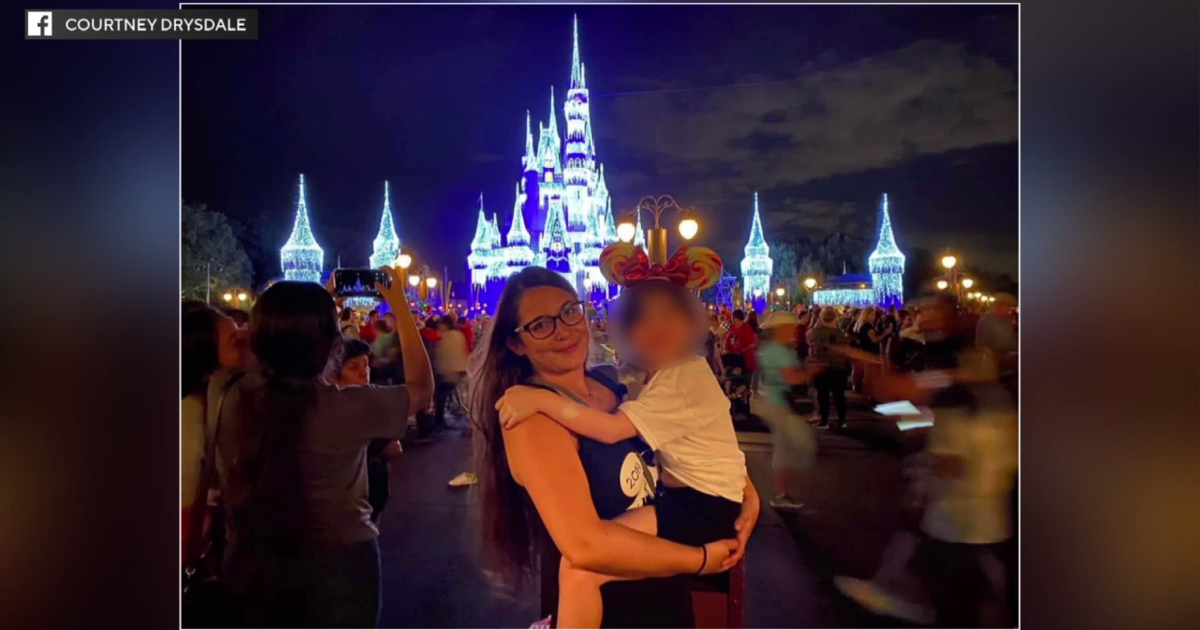5 more jurors needed in Karen Read murder trial after two days of questioning
DEDHAM – The Karen Read murder trial resumed on Wednesday with jury selection continuing for a second straight day. With the second day of the process concluded, 11 jurors have been chosen so far.
Prosecutors accuse Read of hitting and killing her boyfriend with her SUV during a 2022 snowstorm. John O'Keefe, a Boston police officer, was found dead outside a home in Canton. Read's defense team argues that he was killed inside the home during a fight and dragged outside.
Read's supporters were back standing near the court-mandated "buffer zone" outside Norfolk Superior Court in Dedham. The judge in the case set the restriction in an effort to maintain an unbiased jury.
Some Read supporters have been wearing pink because the judge banned apparel in support of either side within 200 feet of the courthouse. Throughout months of court proceedings, there has been a large presence of Read supporters, often wearing shirts and holding signs that say "Free Karen Read."
How will a jury be selected?
Jury selection for the high-profile case began Tuesday with about 90 prospective jurors. Of that pool, about 70 knew of the case and 25 had an opinion.
The goal is to reach 12 jurors plus a several alternates. According to the defense team, four jurors were seated on the first day and another seven on Wednesday. The process is expected to resume on Thursday.
Once a jury is seated, the trial is expected to last for about eight weeks.
Each day begins with a large pool of possible jurors who are asked a series of questions and raise their hand to indicate if they may have any potential bias. Then, jurors fill out a questionnaire and meet individually with the judge and attorneys.
Wednesday's pool of jurors consisted of 85 people. Of those people, 58 raised their hand to indicate they have heard of the case and another 24 said they have formed an opinion. Twelve people said they had a bias involving the case.
Challenges finding an unbiased jury
Experts say jury selection will be a challenge because of the attention the case has drawn.
"You pretty much have to be living under a rock or not in Boston to not have heard of the Karen Read case. So the question is, you'll find people who are familiar with the case but at least have the ability or claim to have the ability to keep an open mind," said Daniel Medwed, a Northeastern School of Law professor.







